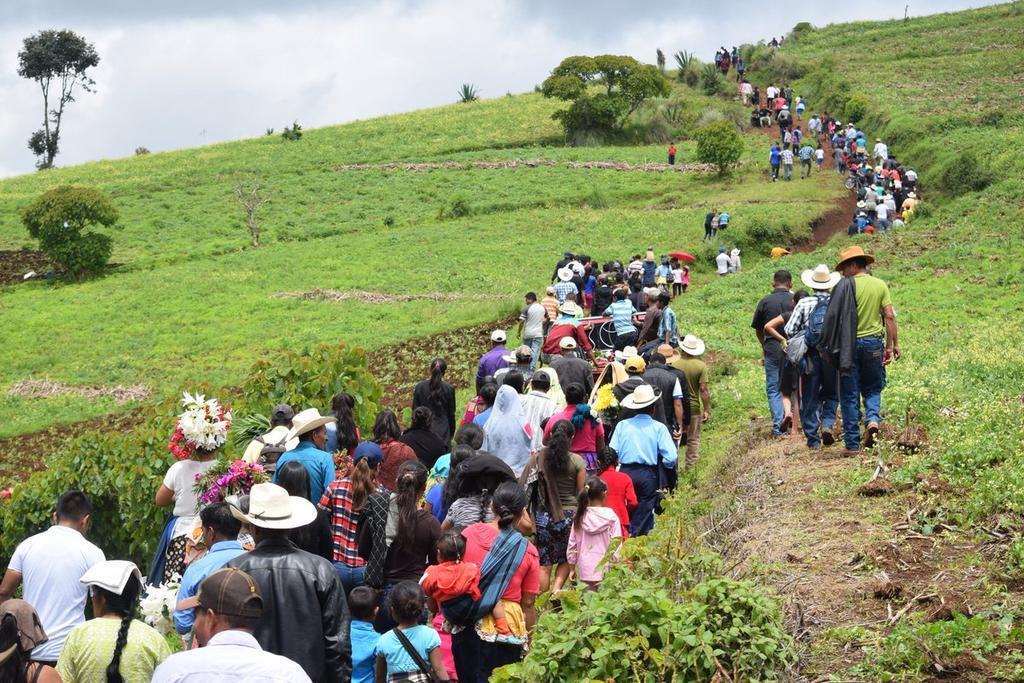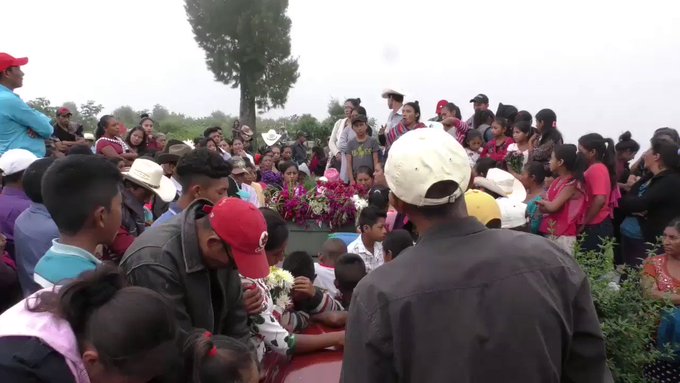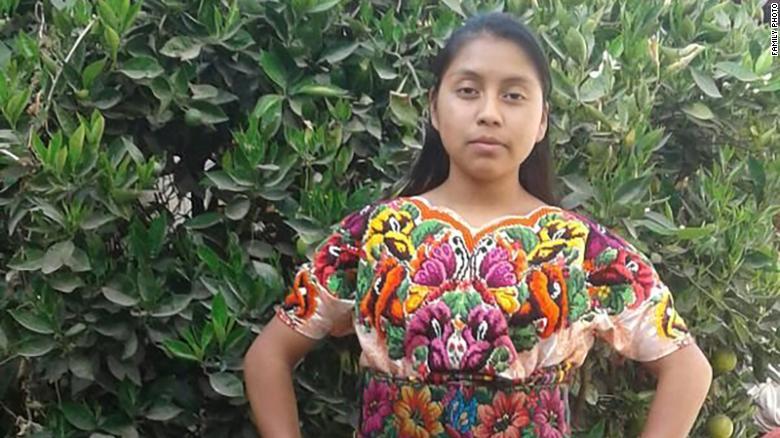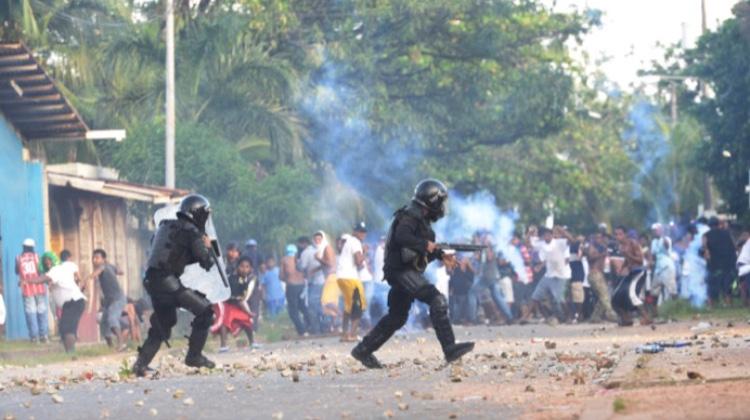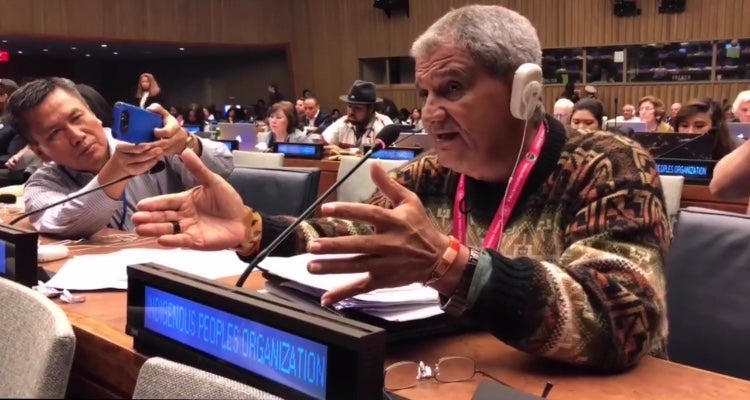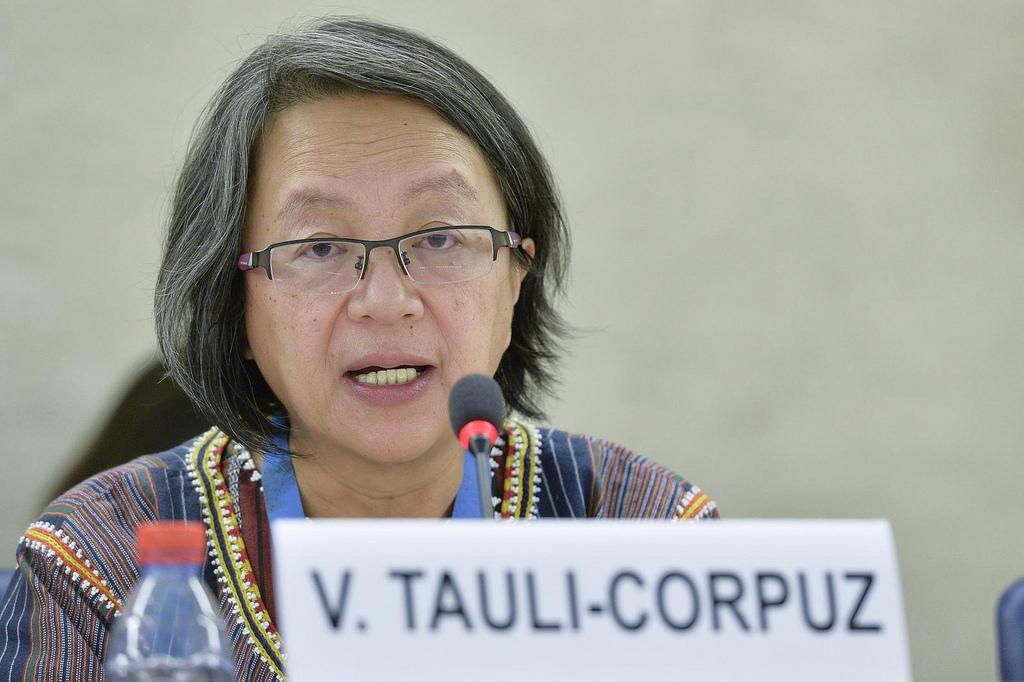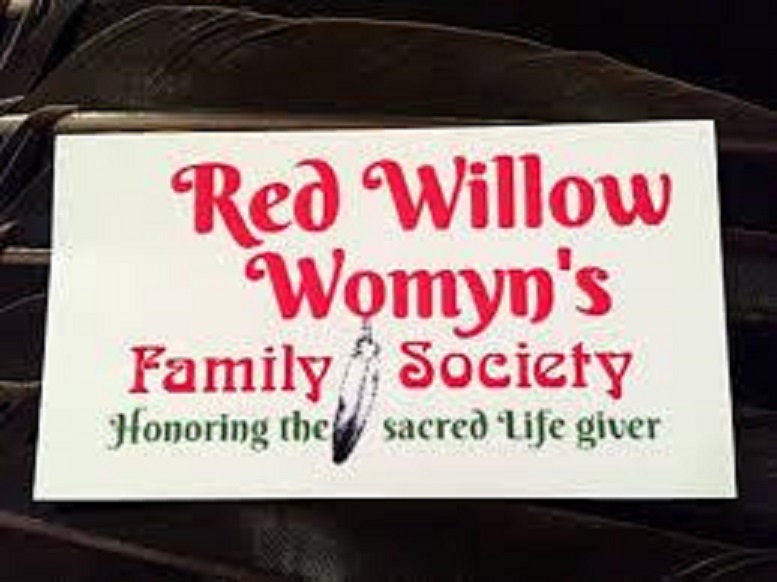
Red Willow Womyn’s Family Society
The Red Willow Womyn’s Family Society is a grassroots Indigenous nonprofit organization in the Cowichan Tribes First Nations territory of British Columbia, Canada. It was founded in 2009, as a small group of Hul’qumi’num women began weekly gatherings to talk about their lived experiences with daily systemic oppressions. Through these “sharing circles,” Red Willow women would help each other navigate their daily barriers, and the circle grew. Today, the Society acts as a support for the wider Hul’qumi’num community. Through cultural protocols and teachings, they support and advocate for one another and work to strengthen families and the role of mothers as sacred life-givers. Cultural Survival’s Keepers of the Earth Fund is supporting the Society’s Breaking the Code of Silence: Lifting the Voices of Hul’qumi’num Families Project, which serves Cowichan, Chemainus, Penelakut, Lyackson, Halalt and Lake Cowichan Tribes.
The community exists in a constant state of crisis, struggling with high rates of poverty, homelessness, addiction, suicide and domestic violence, which leaves families in a continuous state of child removal. The Society links the issues surrounding child apprehension directly to the systemic oppressions of poverty, intergenerational trauma, and archaic legislative policies that continue to echo Canada’s Residential School system, whose last institution closed as recently as 1996. The contemporary child apprehension model, under the Canadian Federal Ministry of Child and Family Development (MCFD), awards funding per child apprehended, perpetuating this historic cycle.
The Society claims that the residential school genocidal model is still entrenched in current legislation and policy practices at federal, provincial and local levels, and funding still incentivizes children being apprehended. Children are being removed by both internal (Lalum’utul’ Smun’eem/Cowichan Tribe Children and Family Services) and external governing bodies, like the MCFD, and placed into primarily dominant culture foster care families. In 2017, over 56 percent of all children in foster care in British Columbia were First Nations, even though Indigenous children make up only 9 percent of the child population in the province. The Chief Island Health Officer of Vancouver Island has repeatedly criticized the local MCFD office and staff, identifying “discrepancies in their decision-making process.”
The Society promotes cultural teachings (called Snuw’uy’ul) and engage Indigenous women and families in reconnecting with their Elders. They provide space for open dialogue, companion families, and mothers. Using home-based early interventions, they work to prevent child apprehension by building the capacity of parents and the family as a whole to ensure child safety by addressing the root causes of child endangerment, prior to apprehension. In addition, they engage in training, peer-to-peer mentorship and advocacy so that women and families are informed and prepared to navigate the Ministry and courts. Central to the Society’s work is the process of companioning women, assuring women’s right to have an advocate present—essential for a process that occurs in a language and context of highly unequal power which was not previously recognized. Advocacy for families has improved access and serves as a tool for Ministry accountability.
Through a grant from KOEF, the Society maintains its existing platform for the Hul’qumi’num community to raise their voices and be heard by the Ministry and government in order to address the cycle of child removal. They will implement the Breaking the Code of Silence Project through a process of holding meetings and public forums, creating increased understanding, engagement, peer-to-peer advocacy, to initiate systemic change.
Cultural Survival advocates for Indigenous Peoples’ rights and supports Indigenous communities’ self-determination, cultures and political resilience, since 1972.
Cultural Survival envisions a future that respects and honors Indigenous Peoples’ inherent rights and dynamic cultures, deeply and richly interwoven in lands, languages, spiritual traditions, and artistic expression, rooted in self-determination and self-governance.

